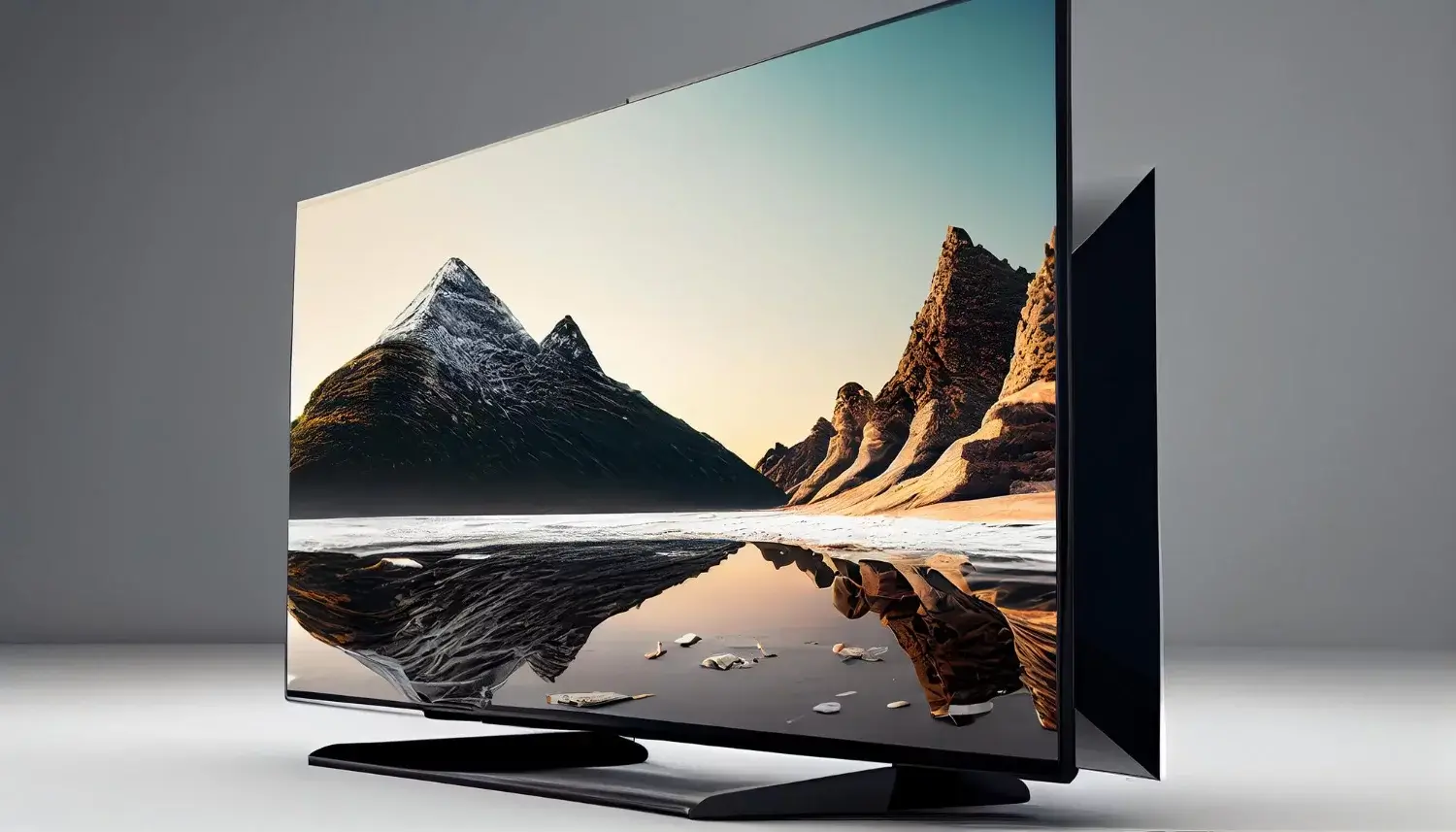Quantum Dot Electroluminescent (QDEL) technology is emerging as a potential game-changer in the world of display technologies, with promises to rival and possibly replace OLED in various applications, including premium TVs. Developed and showcased by Sharp at CES 2024, QDEL technology offers a fresh approach by eliminating the need for backlights, which are essential in both OLED and traditional LED displays.
How QDEL Works
Unlike traditional display methods, QDEL operates without a separate light source. Instead, it uses quantum dots—a nanoscale material that can emit light when stimulated by electricity. This self-emissive capability allows QDEL displays to generate vivid colors and high contrast directly from these tiny particles, providing a purer and more vibrant visual experience. The lack of a backlight could not only reduce production costs but also lead to thinner and potentially more energy-efficient displays.
Benefits Over OLED
OLED technology, known for its deep blacks and rich contrast, uses organic compounds that emit light when electricity is applied. However, these organic elements can degrade over time, affecting the display’s longevity and performance. QDEL, on the other hand, relies on inorganic materials which are generally more stable and durable. This inherent longevity combined with potentially lower power consumption makes QDEL a compelling alternative.
Future Prospects and Challenges
While the initial prototypes—such as the 12-inch and 30-inch displays shown at CES—highlight the feasibility of QDEL technology, there are still several hurdles to overcome. Scaling the technology from small prototypes to full-size TV displays will be critical for its adoption in the consumer market. Furthermore, mass production strategies will need to leverage existing manufacturing facilities to keep costs competitive, especially against established technologies like OLED and emerging ones like MicroLED.
Market Impact and Speculations
The adoption of QDEL technology could have significant implications for the display market, challenging current leaders like Samsung and LG in the premium segment. However, as it stands, the technology is still in the prototype stage with no confirmed plans for commercialization. The potential applications of QDEL extend beyond TVs to include other devices like smartphones, tablets, and automotive displays, where its advantages could be even more pronounced.
As the technology develops, QDEL could indeed redefine the standards of display technology, marrying the quality of OLED with the durability and efficiency of quantum dots. However, whether it will dethrone OLED or complement the spectrum of existing technologies remains to be seen. The tech world eagerly anticipates further developments, as the initial glimpses at CES have set high expectations for what could be the next big leap in display technology.







